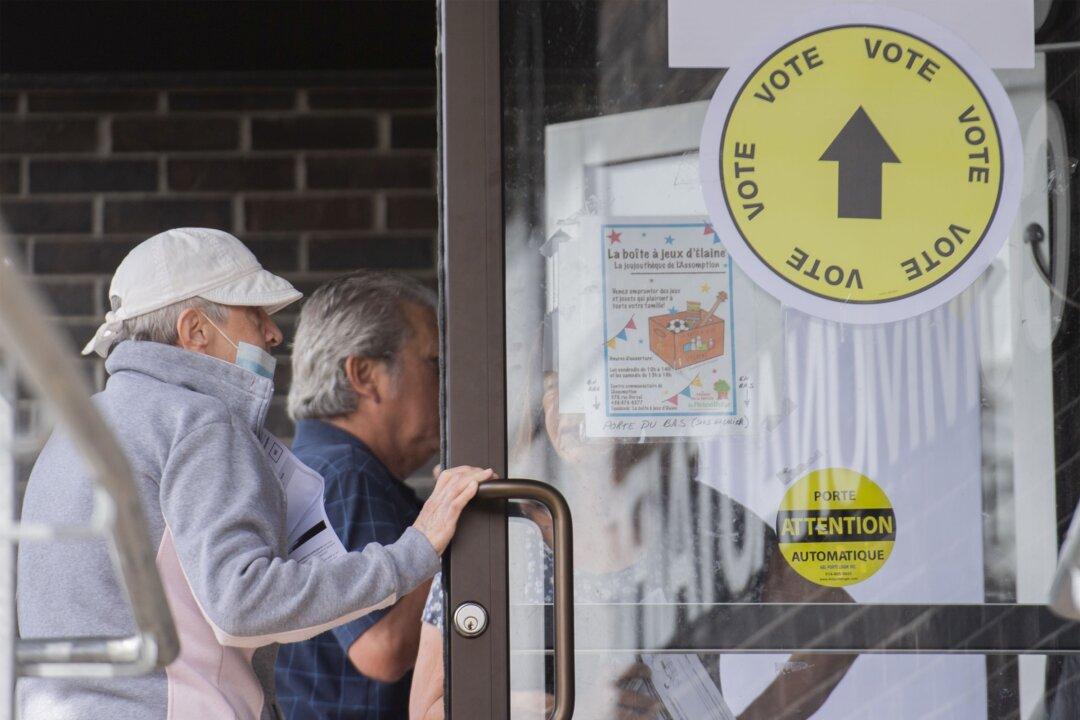In the countdown to the Quebec election on Oct. 3, Premier François Legault has been pressing harder on the hot-button issues of immigration and cultural preservation, saying this week that accepting more immigrants would be “suicidal” for the French language.
“As long as we haven’t stopped the decline of French, I think that for the Quebecois nation that wants to protect French it would be a bit suicidal to increase [the immigration threshold]”, Legault said during a talk before the Montreal Chamber of Commerce on Sept. 28.





